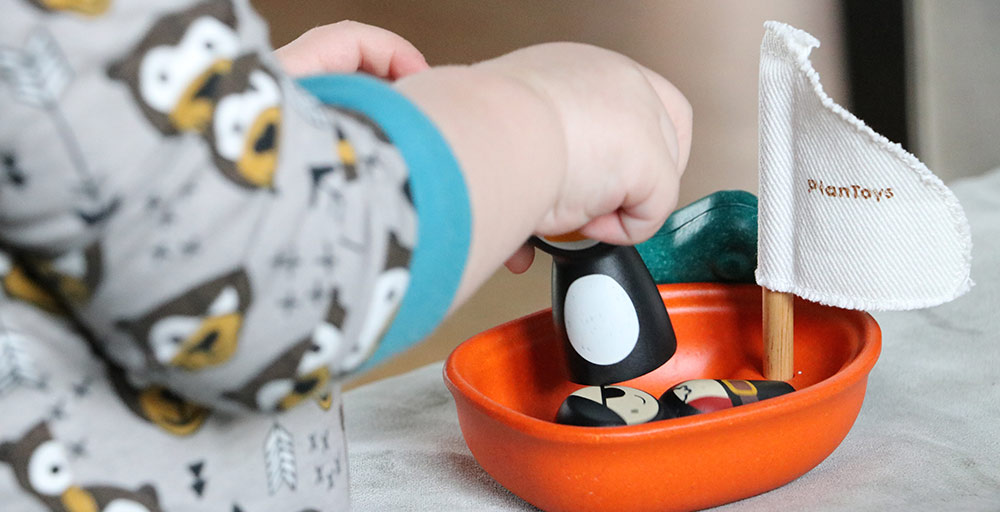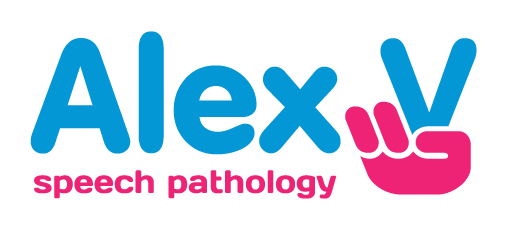At Alex V. Speech Pathology, we believe it’s important to educate our clients on the treatments we offer so that they can better understand what their child is going through. As a parent, guardian, or family member, having a thorough understanding of the treatment a child is going through allows you to better support them in their day-to-day life.
At Alex V. Speech Pathology, we will teach you simple practices that can compliment their treatment plan. Today on treatment talk, we are covering treatment for stuttering and fluency, specifically the Lidcombe Program of Early Stuttering Intervention.

What is the Lidcombe Program?
Named after a suburb in Sydney where the Australian Stuttering Research Centre was located, the Lidcombe Program is a behavioural treatment plan for children with a stutter under 6 years of age. Guided by a Speech and Language Pathologist, the treatment is administered by a parent or carer who is consistently present in the child’s everyday environment.
As this treatment heavily involves the parent and/or carer, it’s important that the individual accompanying the child to each session at Alex V. Speech Pathology is able to commit to administering the treatment daily. It’s important to keep in mind that while you, the parent or carer is responsible for administering the treatment, it is our responsibility as Speech Pathologists to ensure training is done correctly and is a positive experience for both the administrator and the child.
What Does the Treatment Involve?
Our Speech Pathologists at Alex V. Speech Pathology are experts in the Lidcombe Program, and have trained many parents to administer effective treatment to their child. The Lidcombe Program involves the parent or carer commenting directly to the child about their speech, which generally must be positive and encouraging.
Most of the commenting is done by the parent or carer when the child speaks without stuttering, and occasionally when the child does stutter. However, the theory is not just based around commenting on speech, but rather at specific times when the feedback is going to be helpful and effective.
In addition to giving feedback, we also teach the parent or carer how to measure their child’s stuttering each day on a scale from 0 to 9. On this scale, 0 means no stuttering, whereas 9 is extreme stuttering. During each session at Alex V. Speech Pathology, we will discuss the week’s severity ratings to see how effective the treatment is and if we need to make any alterations to the treatment plan.

Stages of the Program
The Lidcombe Program has two stages. During stage one, the parent or carer conducts daily treatments and you and your child will attend the clinic once a week. Daily treatments and weekly visits will continue until the stuttering is gone or reaches a low, manageable level.
Once stage one has been fulfilled, you and your child will move onto stage two, the maintenance stage. This stage of the treatment usually lasts around a year and the aim is to prevent the stutter from returning. During this stage, parent feedback is reduced as well as the number of clinic visits, but only if the stuttering remains the same as it was at the start of stage two. Like any other treatment, maintenance is so important because it ensures the stutter has the lowest chance of reappearing and for the treatment to completely succeed.
At Alex V. Speech Pathology, we understand that all children and families are different and require a different approach to treatment and while the features of the program are outlined, our Speech Pathologists always adjust the way they are implemented to suit your family.
If you think your child might require treatment for their stutter, contact Alex V. Speech Pathology to book in for a treatment on (07) 3217 7037.

